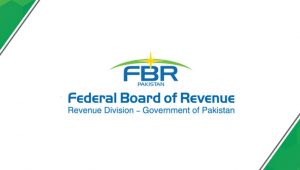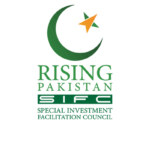After a bleak past two years during the global economic downturn the Vietnam real estate market needs foreign investment to recover, it is claimed.
The industry is hoping that tentative signs of increasing interest will lead to more robust interest from overseas buyers.
‘Since the global financial crisis, many foreigners have left the country and foreign demand has dried up. Although fundamentally there is still demand for property, it is not as strong as it used to be since the foreigners left,’ said ECM Libra analyst Bernard Ching.
Ching believes that the real estate market in Vietnam is v very much a long term investment and is very much dependent on the entry cost.
However, optimists believe that the closure of all gold trading floors in the country by the end of March will lead to a re-channelling of capital flows from gold exchanges to the stock and property markets.
‘Several trillion dong could flow into stocks by the end of March. Investors will then park their money in real estate, analysts claim. They also point out that another positive factor will be in public infrastructure investment such as the Thu Thiem bridge and the East-West highway in Ho Chi Minh City which will improve the accessibility of more districts.
And Setia Bhd, president and chief executive officer of Tan Sri Liew Kee Sin, believes that Vietnam offers good opportunities for developers. ‘Vietnam’s favourable demographics with a population of 87 million people living mainly in the countryside presents opportunities for development. Demand for property, including suburban and modern housing, has picked up quite strongly due to a rapidly expanding urban middle class,’ he explained.
‘Even second home vacation properties are seeing good take-up and this shows the kind of appetite that still prevails in Vietnam,’ he added.
View also believes that Vietnamese investors are beginning to pull out of conservative asset classes like gold. Limited launches by developers during the global crisis has also resulted in a more favourable supply-demand scenario.
Vietnam is also experiencing a sub-urbanisation trend with cities like Ho Chi Minh City getting over populated and the infrastructure unable to accommodate the rapid population growth and associated demands as far as housing is concerned, he added.
‘As their lifestyle changes, the Vietnamese are looking to purchase second homes away from the city. This has caused a higher demand to create better homes and more choices for the Vietnamese,’ said a recent report from international property consultants CB Richard Ellis.
‘The market is still relatively untapped with demand higher than supply. This segment of the new money population that are seeking better quality products such as second homes and luxury homes is growing exponentially as the people’s purchasing power rises,’ it added.
Savills Vietnam, in its latest market update, said demand for housing is expected to remain high in the medium term.







